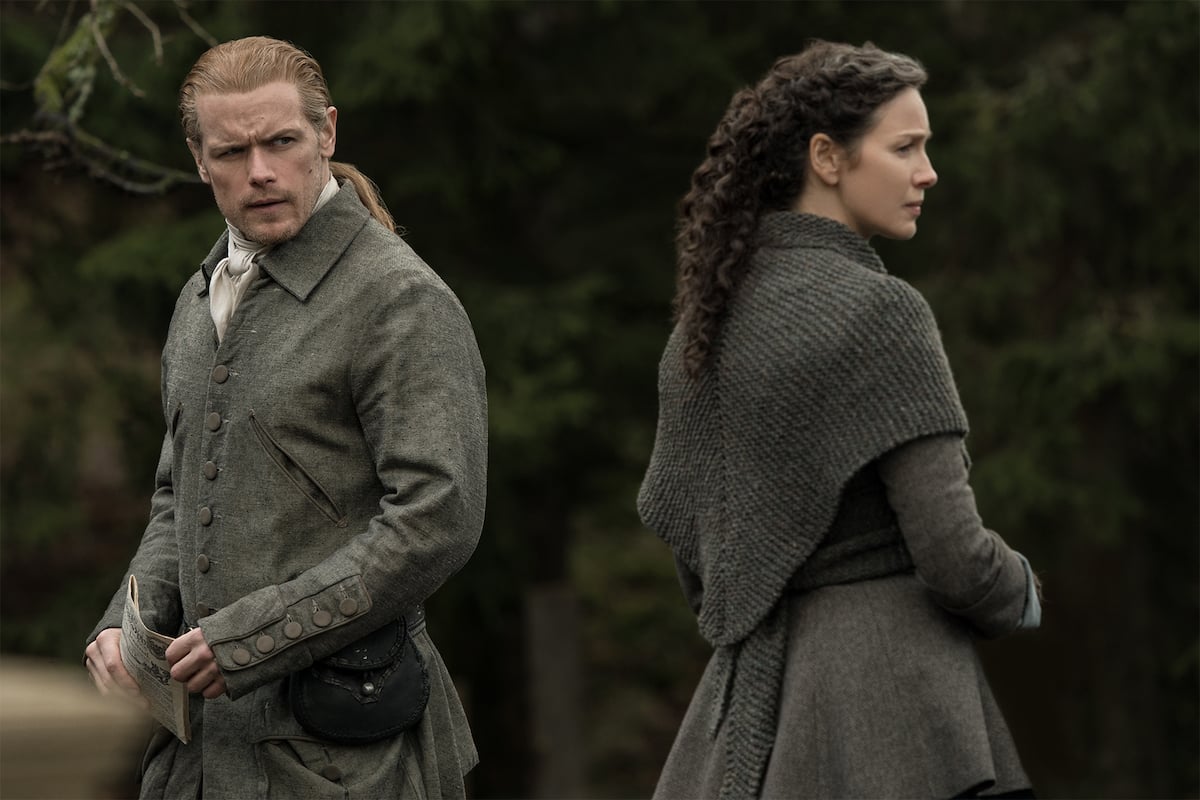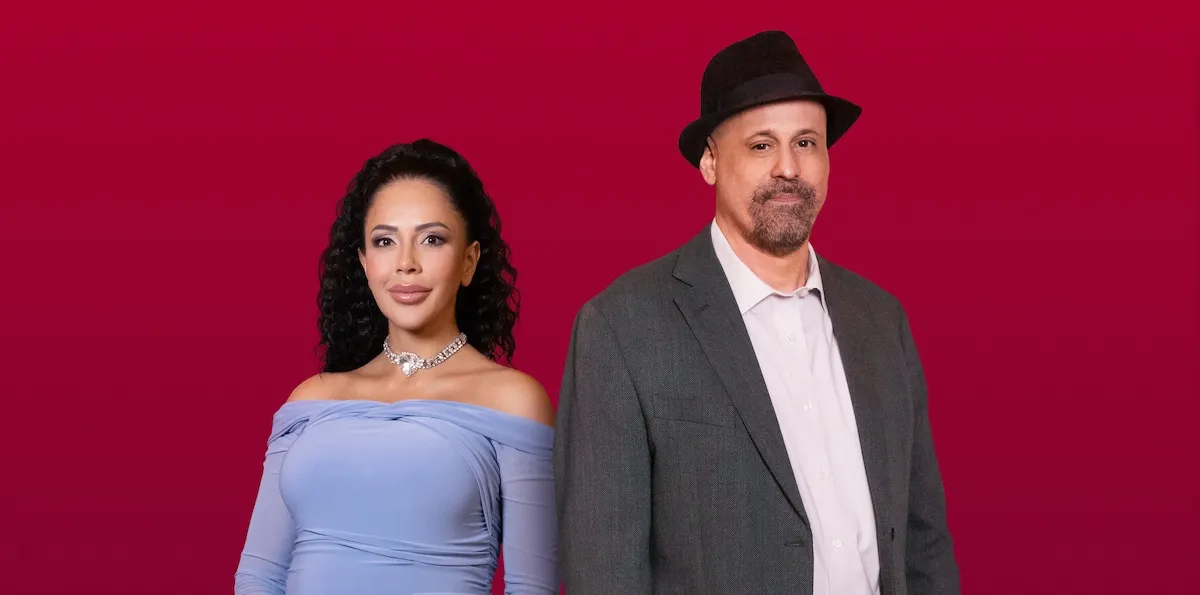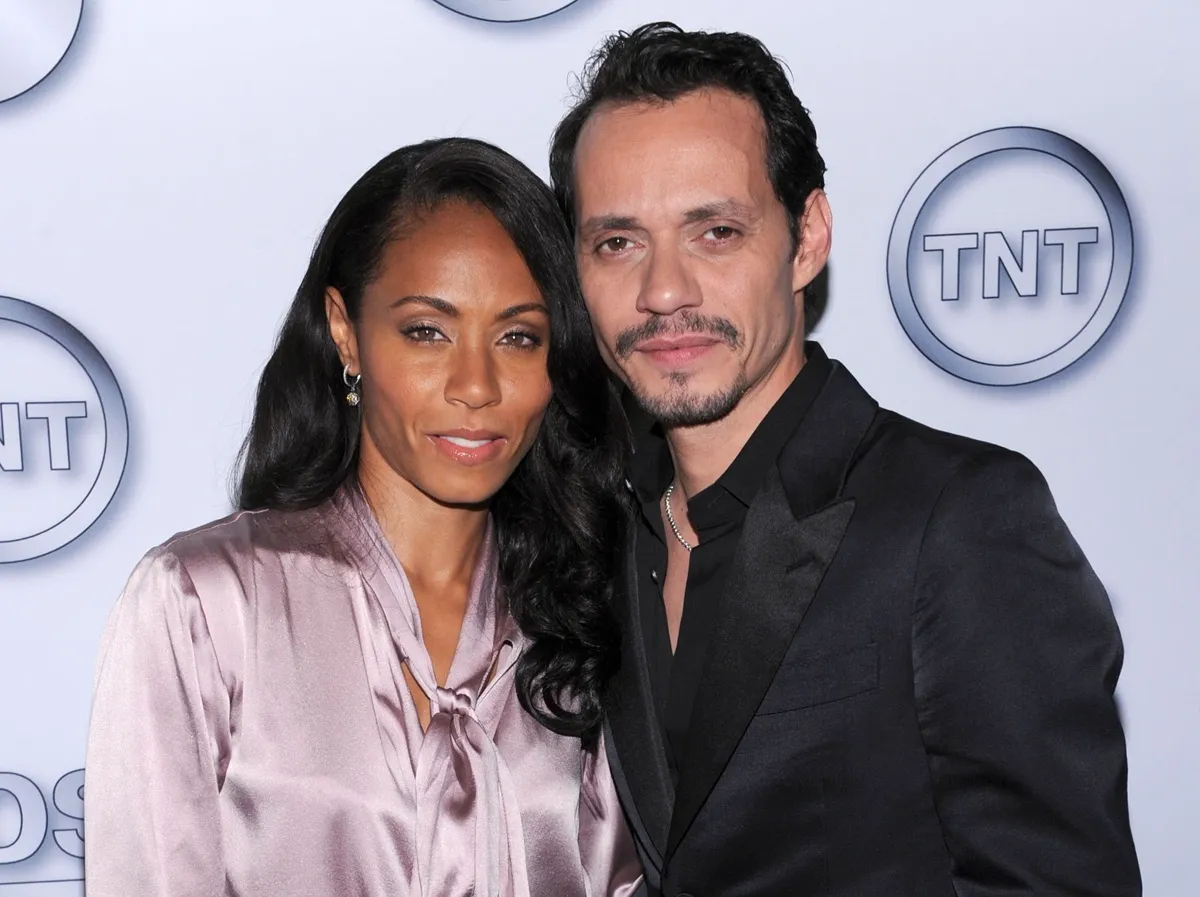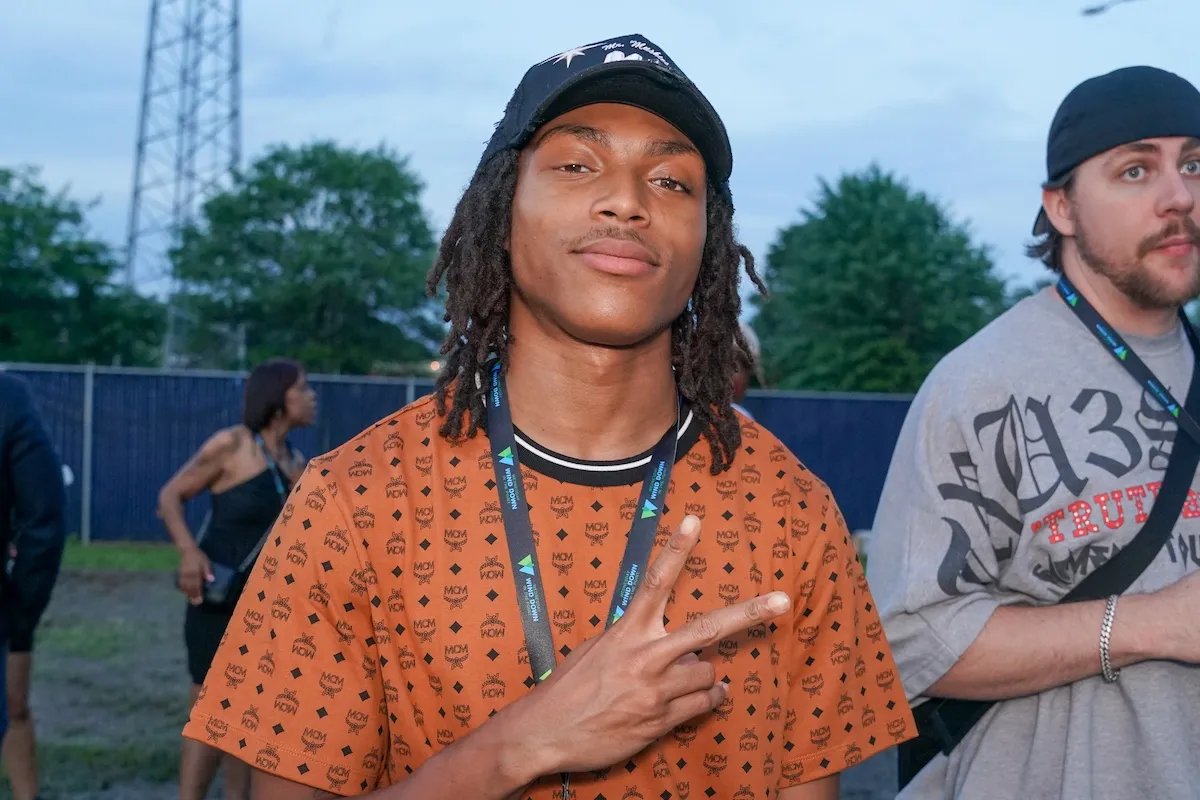‘Outlander’ Book Adaptations Include Personal Elements From Screenwriters
Outlander is based on the books by Diana Gabaldon. Usually, each season adapts a different book. However, the shortened season 6 means some of A Breath of Snow and Ashes in season 7. In adapting the books to television episodes, the writers also bring their own personal backgrounds to the show.

Executive Producers and Writers Toni Graphia and Luke Schelhaas discussed this adaptation in episode 603 of The Outlander Podcast. Here’s where Gabaldon’s books ends and the Outlander writers bring their own experience.
‘Outlander’ is more than just Diana Gabaldon’s books
Graphia gives full credit to Gabaldon for the stories of Outlander. However, in her books, Gabaldon can stick with her perspective. When they turn the Outlander books into a TV show, the writers have to bring their own perspectives. Otherwise, it wouldn’t be a very good adaptation.
“Everything that happens in Outlander, it’s there in the books but it always triggers for us talking about [things],” Graphia said on The Outlander Podcast. “I think the best writers are the ones that are open and willing to dig into themselves and their own histories and talk about things. So that at least when you’re writing you can bring some of that. Not the details of your own experience but the feelings and emotion. The emotional tsunamis that come through from your own experiences have to be on the page when you’re writing. Otherwise you’re just taking dictation. Or your writing is flat.
Claire’s ether addiction is an example of ‘Outlander’ writers making it personal
The conversation began on The Outlander Podcast when Schelhaas discussed a scene with Claire and ether in the episode “Temperance.” Claire is turning to ether to cope with her kidnapping and rape in season 5.
“There were lots of conversations about that I remember as well,” Schelhaas said. “Just in terms of we didn’t want her to use the ether every episode. So we had to show her tempted but not use it sometimes. We had to show her be tempted in different ways. It couldn’t always feel the same. It needed to feel like it was advancing and it needed to feel real. We did a lot of research and talked a lot about that topic of temptation, of dependence.”
Diana Gabaldon’s books spark a lot of modern day conversations
Outlander is about a woman from the ‘40s (and later the ‘60s) traveling back in time to the 1700s. However, the themes provoke much discussion about what’s happening in writers’ lives today.
“The richness in it comes from not only our solid foundation of book material but the things we discuss in the room and are brave enough to share with each other,” Graphia said. “In that way we all get to know each other really well and are appreciative, I think, and admire that we can share some of our stuff to make great art here. I’m sure the actors do the same and bring their own emotions to it and draw from that when they are method acting.”
Even if a discussion doesn’t make it into Outlander, Graphia still values having those talks with her fellow writers. Graphia said it makes the writers room a family.
It can become almost like therapy sessions because to be a writer, at least my experience has been, I don’t speak for everybody but I think you have to bring your own experience and be willing to share it in the writers room. A lot of us end up opening up and it feels like a safe space where we can talk about things that have happened to us, the obstacles we’ve faced in life or people we’ve known have gone through. Everybody brings a perspective to it because almost everybody’s been through something, whether it’s a violent trauma, an illness or deaths that happen.
Toni Graphia, The Outlander Podcast episode 603


